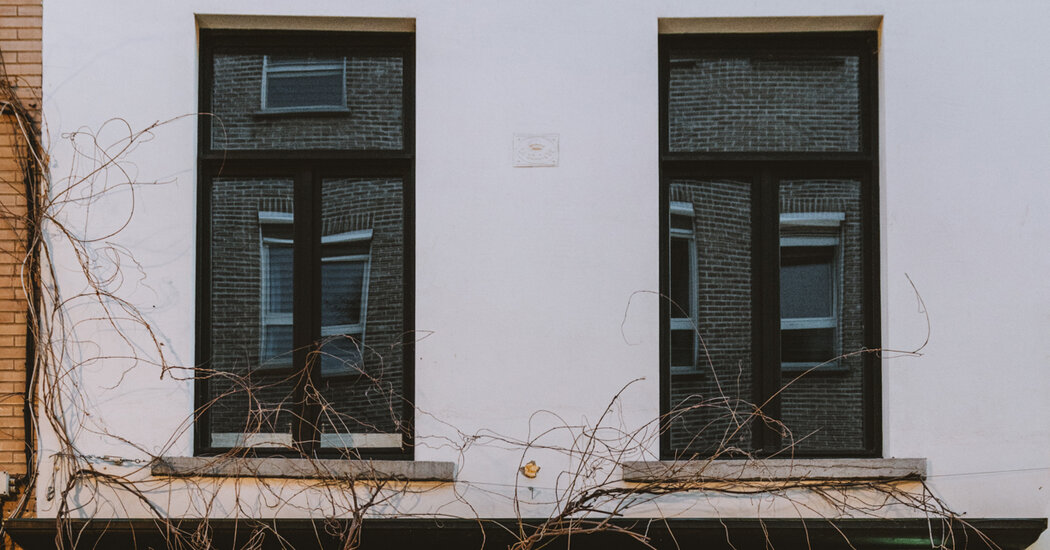Brussels, long the realm of stuffy French restaurants packed with gray-flannel-suited diplomats, has suddenly gone bold and bright. Thanks to a crop of young chefs with iconoclastic ideas about flavor and sustainability, the city, in thrall to the rich sauces of Gaul for nearly two centuries, has emerged as one of the most exciting, and affordable, places to dine out in Europe right now.
These exciting talents are transforming the city’s old-fashioned bistros and cafes with spices from places like Korea, Latin America and Morocco, and “putting a vivid modern spin on homey local comfort food dishes,” explained Michel Verlinden, a Brussels food writer and restaurant critic for Le Vif, a major Belgian weekly. At the same time, they’re making the most of local produce like cabbage, carrots, endives and, bien sûr, brussels sprouts.
Brussels may be the capital of Europe, but it feels more like Brooklyn or Marseille gastronomically. Casual, creative and multicultural, it’s a city that’s equally at home with bulgogi and duck breast — even together in the same dish.
Here are five Brussels restaurants worth a visit.
Anju
Many of the most interesting new restaurants in Brussels aren’t found in Îlot Sacré, the high-rent heart of the city, but in outlying neighborhoods like St.-Gilles, an evolving but still more affordable area favored by young creatives.
This explains why the chef Sang Hoon Degeimbre chose this area for Anju, a new local favorite that explores his roots. Mr. Degeimbre was born in South Korea but adopted by a Belgian family as a baby. “Anju” is a Korean word that means food to be eaten while drinking alcohol. In addition to rice wine and Soju, Anju also offers a “sour Korean” beer brewed for the restaurant by the Brussels brasserie Illegaal, along with a great list of natural wines.
In the minimalist, taupe-colored dining room with K-pop illustrations on the walls, this means hearty comfort food. If starters like pajeon — pancakes filled with chopped vegetables and kimchi — or stir-fried octopus tentacles are impressively Korean, the technical prowess of Mr. Degeimbre’s team adds an element of Belgian haute cuisine to main courses like samgyetang (chicken in hot ginseng broth with rice and jujube) and duck breast bulgogi.
Desserts nod at Brussels, too: Bingsu, a milk-based shaved ice, is topped with speculoos cookies from Maison Dandoy, a bakery that dates to 1832, or hazelnut praline from the acclaimed Belgian chocolatier
Click Here to Read the Full Original Article at NYT > Travel…
